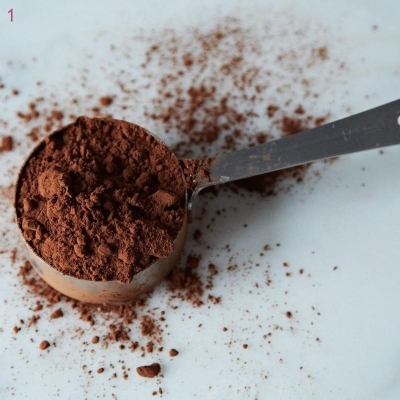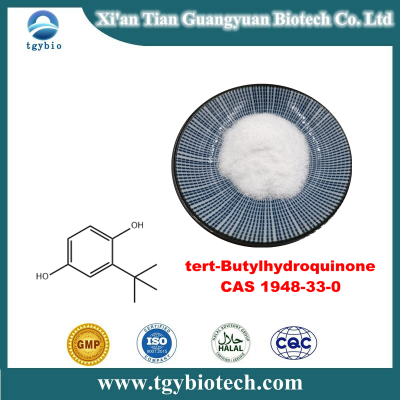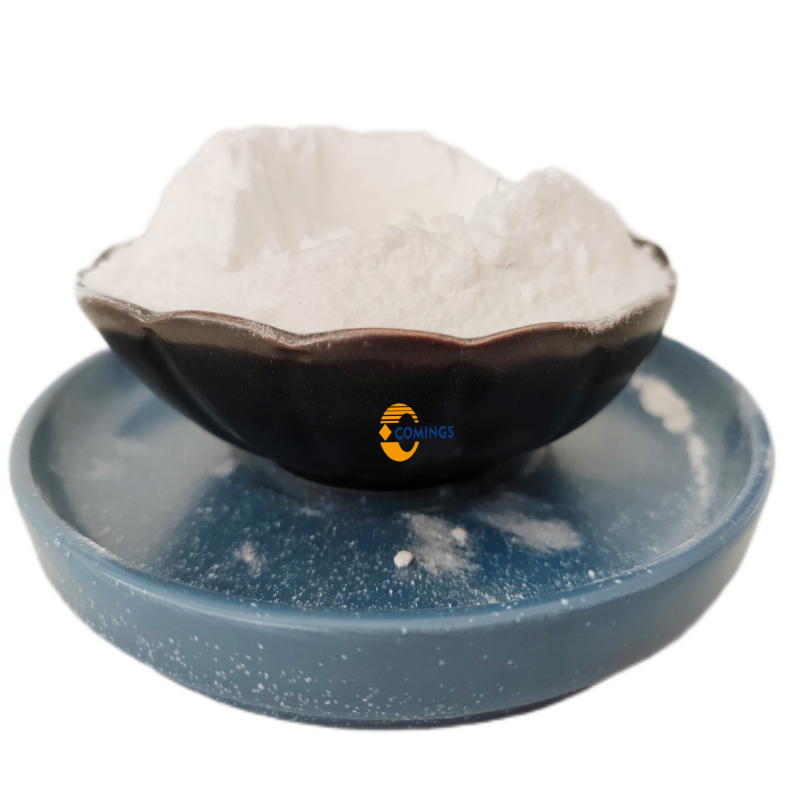-
Categories
-
Pharmaceutical Intermediates
-
Active Pharmaceutical Ingredients
-
Food Additives
- Industrial Coatings
- Agrochemicals
- Dyes and Pigments
- Surfactant
- Flavors and Fragrances
- Chemical Reagents
- Catalyst and Auxiliary
- Natural Products
- Inorganic Chemistry
-
Organic Chemistry
-
Biochemical Engineering
- Analytical Chemistry
-
Cosmetic Ingredient
- Water Treatment Chemical
-
Pharmaceutical Intermediates
Promotion
ECHEMI Mall
Wholesale
Weekly Price
Exhibition
News
-
Trade Service
Different people have very different reactions after contracting the new coronavirus
.
These differences reflect different physical states that show different resistance to disease when faced with virus screening
.
In the antiviral process, people need to be mentally and physically prepared, of which nutritional preparation is particularly important
.
There are no studies that suggest that supplementing with one nutrient can prevent you from contracting the virus
.
People follow a healthy diet in their daily lives and have enough nutrients in their bodies, which is very important
to shorten the course of the disease and improve the prognosis.
To fight the virus, it is necessary to mobilize the metabolic capacity of all aspects of the body, the burden on multiple organs such as liver, kidney, heart and lung increases, antibodies and a variety of immune factors need to be synthesized, and the damage
caused by the inflammatory response needs to be dealt with.
The antiviral process is a huge physical stress, and the consumption of energy and nutrients is greatly increased
compared to the daily routine.
In the antiviral process, the body's demand for energy, antioxidants, proteins, vitamins, etc.
increases
.
For example, when you have a fever, the basal metabolic energy expenditure increases and the rate of protein breakdown is accelerated
.
At the same time, in the antiviral process, people are indispensable to multivitamins, if any of them are missing, it will affect the efficiency of the immune response and the repair
of physical damage.
Vitamin A is very important for fighting various respiratory diseases, and vitamin D is currently the vitamin most closely associated with susceptibility to the new crown and the risk of severe disease
.
However, these two vitamins are generally insufficient
.
It is recommended that people usually eat enough vitamin A, and at the same time, daily sun exposure can increase vitamin D intake
.
B vitamins such as vitamin B1 and vitamin B2 are closely related to energy supply, while the immune response is affected
by energy metabolism.
For example, a lack of vitamin B1 can lead to insufficient antibody production in the body after infection with the virus, resulting in a more serious condition
.
Folic acid is important for both protein and DNA synthesis, and is also a nutrient
necessary for an adaptive immune response.
The use of vitamin B12 has been shown to have the potential to reduce organ damage
caused by the new coronavirus.
Studies have found that viral infection processes can deplete some of the body's vitamin stores, such as vitamin C, vitamin B6, and a variety of antioxidants
.
At the same time, viral infection may also interfere with the absorption, utilization and metabolic transformation of multivitamins, and sufficient supply should be ensured in advance
.
Moderate intake of minerals is not the better, such as excessive intake of iron, which is not conducive to controlling inflammatory reactions and susceptibility to thrombosis; The lack of calcium, zinc and selenium is not conducive to fighting viruses
.
Rational use of probiotics may be beneficial in reducing intestinal flora disturbances and excessive inflammatory responses
during infection.
Before and after infection with the virus, people need to pay attention to the following points in their diet
.
Moderate nutrient supplementation If the quality of the daily diet is not too high, moderate nutrient supplementation is fine
.
While eating a nutritionally balanced diet can ensure normal immune system function, no specific food, nutrient, or nutritional supplement can significantly promote immune system function to a special state
above average normal levels.
Most supplemental products take near or exceed recommended amounts, so don't eat
them together.
Eat only one, make up for the daily deficit, and let the body have moderate reserves
.
For example, many people are worried about insufficient daily intake of B vitamins and vitamin C, and the amount of daily supplementation can slightly exceed the recommended amount, but should not be taken
in large quantities before infection.
The recommended amount of vitamin C is 100 mg per day, with a maximum limit of 2000 mg, and large intake may cause adverse effects
such as diarrhea and increased endogenous oxalic acid.
It is important to note that it is necessary to increase the supply of vitamin C after the onset of the disease
.
When you have a sore throat and fever, you can take 500 mg each time, several times a day
.
The B-complex vitamin can be taken once
per meal.
Diet needs to be moderate Do not be hungry and diet, eat every meal until comfortable and full
.
If you are losing weight, it is recommended to stop hunger dieting, very low carbohydrate diets, skipping meals, etc
.
Hunger can cause a lack of energy in the body and significantly suppress the ability of the immune system to work
.
Vegetables and protein are indispensable Before contracting fever, vegetables should be included at every meal, as well as high-protein foods (fish, eggs, milk and soy products).
After all, antibodies, complement, cytokines, etc.
, the key components in the fight against viruses are proteins
.
It takes a lot of energy to manufacture them in large quantities in a short period of time, and this energy comes from the daily diet
.
It should be noted that do not eat sweets or drink sweet drinks
on the grounds of replenishing energy.
Foods with low nutritional value are not conducive to improving disease resistance
.
Although the protein loss is relatively large when infected with fever, there is no need to deliberately supplement protein powder, or eat fish, meat and eggs
.
Because digestion is reduced, most people don't want to eat high-protein foods
when they have a fever.
If the fever reaches more than 39 degrees, it is not recommended to choose protein powder, and you should first choose fruits and vegetables and starchy foods
.
If protein is used to supply energy, it will increase the burden on the liver and kidneys, and the thermal effect of protein is relatively large, and after eating, it will increase the body's heat dissipation, which is not conducive to reducing body temperature
.
If you can't eat, you can drink some fruit and vegetable juice, honey lemonade, coconut water, etc.
, you can also eat some canned fruit, eight treasure porridge, soft noodle soup, etc.
, to help replenish energy and water
.
Milk, yogurt, soy milk, etc.
can also be drunk, and you can add some sugar to supplement energy
.
If you are already infected, keep a good mood and rest
more.
After recovery, as the body's appetite recovers, it is necessary to supplement protein, vegetables and fruits in time, and only by making the body nutritionally adequate can we calmly cope with various challenges
.
(Fan Zhihong)
China Food News(Version 06, December 22, 2022)
(Responsible editor: Zhu Meiqiao)







